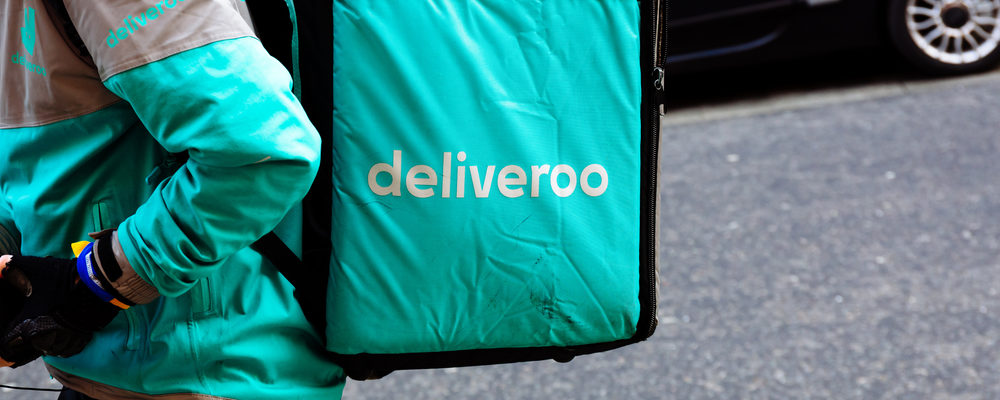Following a lengthy investigation of the gig economy, a hard-hitting report from the Parliamentary Work and Pensions Committee has urged the government to close a host of legal loopholes that are currently enabling bogus self-employment. The Committee’s sights were primarily trained upon big-brand delivery and taxi firms, such as Amazon, Hermes, Deliveroo and Uber.
According to Committee chair Frank Field, “Companies in the gig economy are free-riding on the welfare state – avoiding all their responsibilities to profit from this bogus ‘self-employed’ designation, while ordinary taxpayers pick up the tab.
“This inquiry has convinced me of the need to offer ‘worker’ status to the drivers who work with those companies as the default option. This status would be a much fairer reflection of the work they undertake, which seems to fall between what most of us would think of as ‘self-employed’ or ‘employed’.”
However, with the gig economy’s most visible, trailblazing brands so firmly entrenched as successful enterprises, and their business models very much hinging on the loopholes that the Committee has identified, what is the scope for genuine change?
The Institute of Leadership and Management's head of research, policy and standards, Kate Cooper, says: “This is all rather reminiscent of a much older style of controlling management. As indicated in pieces about Hermes on the 4 May edition of Radio 4’s Today programme [scroll 8 mins and 6 secs into the broadcast, with further material at 1:42:28], the delivery routes are tightly monitored, drivers are paid per parcel delivered and there’s no payment if deliveries aren’t made. An unintended consequence of this is that parcels are hurled over garden fences when recipients aren’t in, because of drivers’ concerns that their visit could count as a miss. This all goes back to the days of scientific management, where it was assumed that people would only work well if you paid them on a piecework basis – a theory that was eventually debunked in the 30s by the likes of Professor Elton Mayo and the human relations movement. So in many ways, where there is no genuine autonomy or flexibility – which certainly seems to be the case with these delivery firms – there’s a feeling of going backwards.”
Cooper notes: “What will ultimately deter companies from being involved with these practices is the matter of reputation. If a firm has a reputation for being an unethical employer – because, for example, if it enters into a contract with an employee whereby it’s taking advantage, and saying staff are self-employed purely to lower administrative burdens – then that one-sided arrangement will come to light either in the media or the courts.
“If you’re entering into a particular arrangement with a worker because it suits that individual, because they want that flexibility and autonomy and the ability to manage their working life, then that’s a different thing altogether. Whether or not there’s a mutually beneficial arrangement in place is very much the crux of the issue.”
She adds: “If you overlay that with the tax position, as Frank Field has identified, it’s clear that firms that engage in any form of tax evasion or avoidance are not being good corporate citizens. And increasingly, a major question that we at the Institute are going to be focusing on this year is: ‘What makes a good corporate citizen?’ In short, a good corporate citizen is one that has a great reputation, and that inspires employee and customer loyalty. And it’s that longer-term picture that often gets ignored amid the pursuit of short-term gains.”
For further HR-related materials from the Institute, check out this page of our site
Image of Deliveroo cyclist courtesy of Graphical_Bank, via Shutterstock

